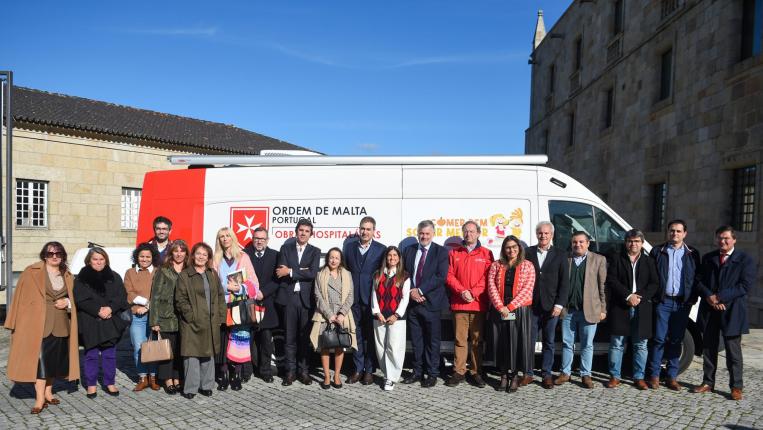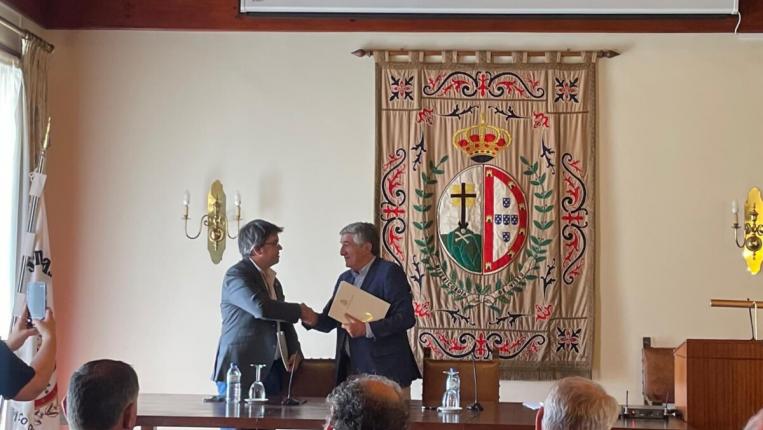Prosthetic rehabilitation is one of the broadest areas of dentistry, which is related to all the others and has a direct impact on all the functions of the stomatognathic system.
Prosthetic rehabilitation (single, partial and total cases; supported by teeth and/or dental implants) is carried out in this area, as well as occlusal rehabilitation using maxillary interposition devices.
The fundamentals of the areas that make up oral rehabilitation (fixed prosthetics, removable prosthetics and occlusion) have been perfectly established for many decades. However, and especially in the last 20 years, there has been a significant evolution in dental biomaterials and associated (digital) technologies which, supported by scientific evidence, have made it possible to optimise dental treatments for patients. These developments require dentists to be constantly updated.
Furthermore, the placement of dental implants to retain/support dental prostheses is a daily reality for dentists, so it is essential to have the ability to place implants using prosthetically-driven surgery.
The aim of this postgraduate course is to provide dentists with an update on the theoretical concepts associated with prosthetic rehabilitation (fixed and removable, on teeth and/or implants), in terms of diagnosis, planning and treatment, accompanied by intensive clinical practice using analogue methods and/or digital technology, depending on the scientific evidence available, the clinical indications and the needs of the trainees.
Areas covered
- Diagnosis of the edentulous patient (single, partial, total)
- Planning a prosthetic rehabilitation on implants (single, partial, total)
- Selection of prosthetic components / materials
- Stages of execution of a prosthetic rehabilitation on implants (single, partial, total)
- Pre-prosthetic preparation (dental tissues, other hard and soft tissues)
- Digital impression techniques
- Recording intermaxillary relationships
- Provisional rehabilitations; stages, techniques and materials
- Definitive rehabilitations: stages, techniques and materials
- Control and maintenance appointments
- Resolving biological and mechanical complications.
In all the areas covered, classic concepts supported by scientific evidence will be reviewed, but the use of new technologies will be sought whenever the clinical case allows.
Eight (8) places will be available. The postgraduate course will only take place if
all available places are filled.
Application deadline: 1st July to 8th August 2025
One Application, Multiple Opportunities!
With a single application, you can apply for FMD's postgraduate programmes.
Please indicate your order of preference when applying - this choice is essential for us to respect your priorities for entry to one of our programmes.
Interviews (online): 1st to 5th September 2025
Results: 8th September 2025
Registration: 8th to 19th September 2025
Note: Academic Services closed for holidays from 11 to 25 August
- Candidates will be selected by interview (20%) and curriculum analysis (80%), according to criteria published in a specific document and publicised on the Faculty's website, in the respective area of the FMD Postgraduate School.
- Classes will be held in modules between September/October 2025 and May 2026 at the Faculty of Dental Medicine of the Portuguese Catholic University in Viseu.
- Classes will be taught on Thursdays and Fridays (9am-7pm) and Saturdays (9am-2pm), in a b-learning format (face-to-face and/or online), according to a defined lesson plan.
- The course will consist of a theoretical, simulated clinical and clinical component. The various topics are organised into 10 modules, each with 21 hours of face-to-face contact in the classroom.
- Final approval for the postgraduate course requires attendance at at least 80 per cent of the classes and approval in the various assessment stages.
- The FMD-UCP will issue a Postgraduate Diploma with 30 ECTS (corresponding to a total of 840 hours of training, of which 210 hours will be face-to-face contact in the classroom, and the remaining 630 hours of autonomous work by the student) to students who have passed the course.
FEES AND EMOLUMENTS
Application: 175€ (non-refundable)
Enrolment: 455€
Tuition fees: 5250€ (with diploma: 180€)
NOTE: The tuition fees shown above were possible due to the support of the Digital4Health Portugal Project - D4H-PT funded through the Recovery and Resilience Programme (PRR) - Impulso Mais Digital Programme, Sub-measure: Reform and Modernisation of Medicine.
MATERIAL REQUIREMENTS
Each student should bring:
- Laptop computer (minimum characteristics: Intel® Core i5 processor; Memory: 8Gb; Graphics Card: Dedicated 2Gb)
- Recent digital reflex camera (DSLR), with 100mm macro lens (or similar), circular flash (or higher quality), rechargeable batteries and memory card.
Contacts:
E-mail: upgrad.fmd.viseu@ucp.pt
Tel: (+351) 232 41 95 00 (Call ti the national landline)





